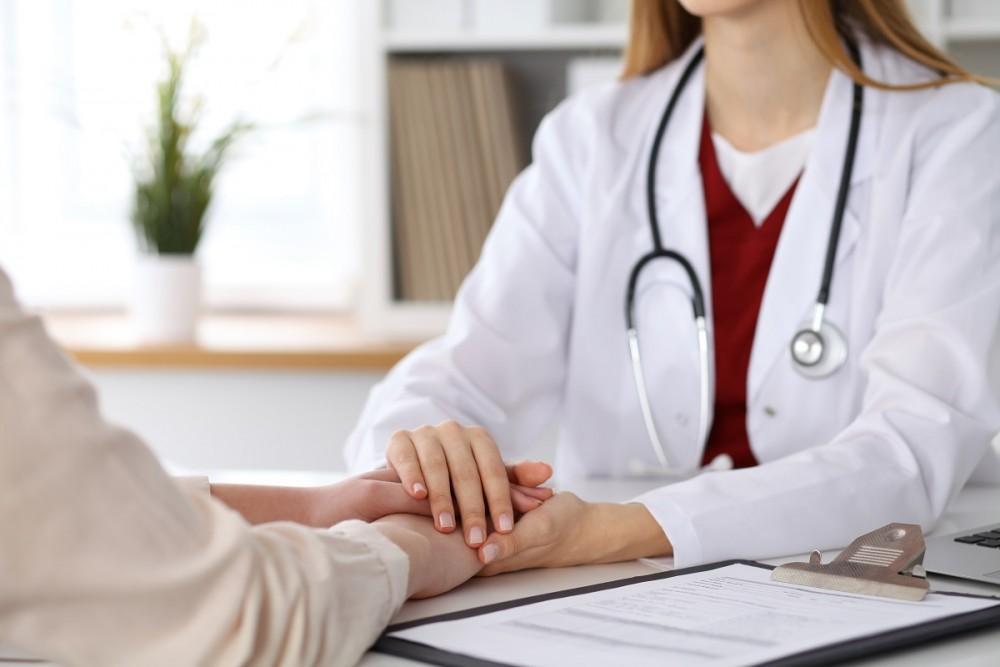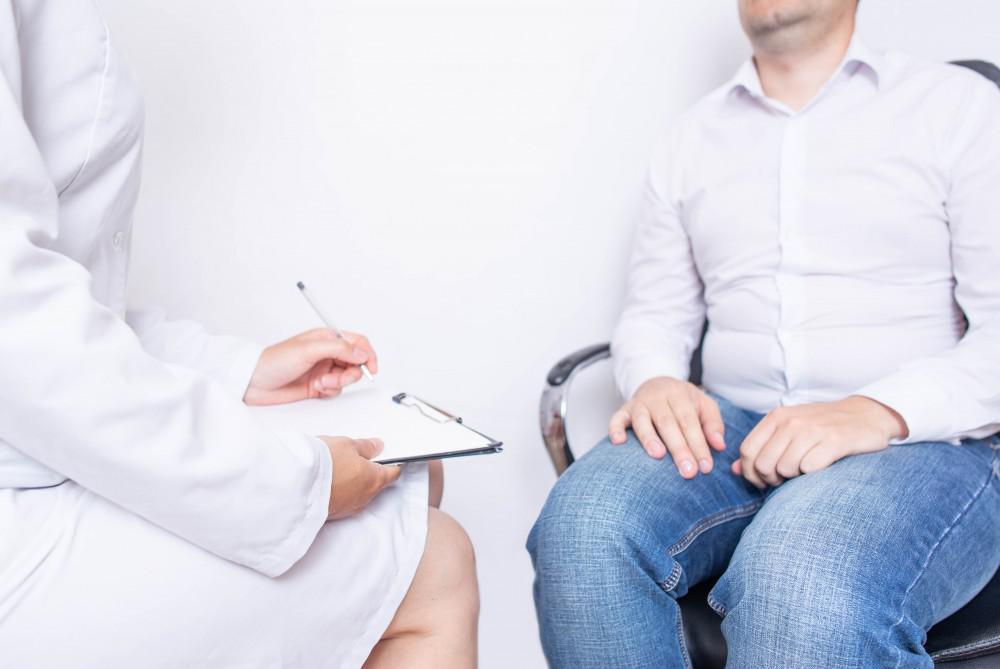What Is Gastric Erosion Without Bleeding?
Gastric erosion without bleeding means the top layer of your stomach lining is damaged. These are small, superficial injuries that don-t bleed but can still cause pain or irritation. They aren-t as deep as ulcers and may lead to discomfort that affects your daily life.
Common Causes and Risk Factors
- Regular use of NSAIDs (aspirin, ibuprofen)
- Helicobacter pylori (H. pylori) infection
- Excess stomach acid due to stress or poor diet
- Smoking, alcohol consumption, or spicy foods
- Age over 50
- Chronic stress
- History of digestive problems
Signs and Symptoms
- Burning or aching sensation in the upper abdomen
- Bloating or feeling full quickly
- Mild nausea or indigestion
- Occasional acid reflux or heartburn
- Symptoms often worsen after large meals or late-night eating
How Dr. Rishi Chadha Diagnoses Gastric Erosion Without Bleeding?
Clinical Evaluation and Medical History
Dr. Chadha begins by discussing your symptoms in detail-pain patterns, meal timing, NSAID use, alcohol or tobacco habits, stress levels, and past digestive issues.
Upper Endoscopy (EGD)
This minimally invasive procedure uses a thin, flexible camera to inspect the stomach lining directly. It's the gold standard for spotting surface erosions and ruling out deeper ulcers.
H. pylori Testing
If Helicobacter pylori infection is suspected, you'll undergo a breath or stool test. Detecting H. pylori is crucial because it's a common cause of erosions and requires targeted antibiotic therapy.
Blood Work
Routine labs help exclude hidden bleeding or anemia and assess overall health. Dr. Chadha may check your complete blood count (CBC) and metabolic panel.
Biopsy or Additional Sampling (When Indicated)
During endoscopy, small tissue samples may be taken to confirm the diagnosis, rule out other conditions, or test for H. pylori directly.
Frequently Asked Questions
How long does it take to heal gastric erosion?
With treatment, most people feel better in 4-8 weeks.
Can diet alone fix it?
A good diet helps, but medications are often needed too.
Do I need an endoscopy?
Yes, it's the best way to see the erosion clearly.
Is the pain constant?
Not always. It can come and go, often after eating.
What are the top causes?
NSAIDs, H. pylori, stress, poor diet, and alcohol.
Can it turn into an ulcer?
Yes. If untreated, erosion can get deeper and become an ulcer.
Are PPIs safe?
Most people tolerate them well. Some may have mild side effects.
Will I need surgery?
Very rarely. Most erosions heal without surgery.
How can I avoid future erosion?
Stick to your treatment plan and avoid known triggers.
Is treatment covered by insurance?
Most major plans, including Medicare, cover it.











